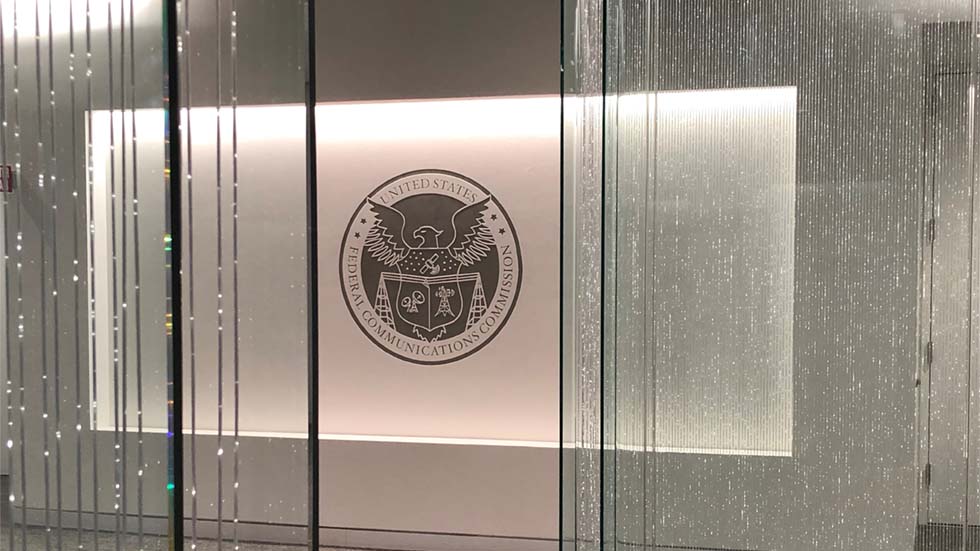FCC sets up office to consolidate Homeland Security efforts
Seeking to consolidate the security and emergency preparedness responsibilities of separate entities within FCC, the commission last week established the Office of Homeland Security.
The new office is intended to bring together the activities of the commission, the defense commissioner – currently Chairman Michael Powell - the commission’s Homeland Security Policy Council and the chief of the enforcement bureau. James Dailey, a 31-year FCC employee who formerly was deputy chief of the Enforcement Bureau’s Technical and Public Safety Division and senior advisor to the commission’s Homeland Security Council, was named director of the office.
Under Dailey, the office also will oversee operations of the FCC's 24-hour communications and crisis management center and the emergency operations center. It will also be responsible for emergency alert system rulemaking proceedings.
Separately last week, Marsha MacBride, director of the Homeland Security Policy Council, reported to the commission on the council’s activities. According to MacBride, the council is focused on ensuring the “reliability and safety” of the U.S. communications infrastructure, enhancing emergency response through communications and “fostering development of new technologies” to strengthen the country’s security.
During her presentation to the commission MacBride played video reports from Qwest Communications chairman and CEO Dick Notebaert who serves as the commission’s Network Reliability and Interoperability Council chairman and president and COO of Tribune Company Dennis FitzSimons who chairs the commission’s Media Security Reliability Council.
In his taped remarks, FitzSimons addressed the progress MSRC has made developing best practices to determine the media’s vulnerabilities in an emergency and steps to mitigating that risk and speedy restoration of service.
“September 11 was a tragic wakeup call,” he said. “When crisis occurs, local broadcast stations are frequently the first responders. The public depends on our prompt, accurate on-the-scene reporting.
Get the TV Tech Newsletter
The professional video industry's #1 source for news, trends and product and tech information. Sign up below.
“The MSRC is collecting best practices on what has worked in keeping our communities informed. We will then share that information nationwide. The goal is to improve our emergency response effectiveness.
“All of us, broadcast, cable, satellite, our trade associations, public interest groups and the government are giving it our best shot. This is priority one.”
MacBride also announced other steps the council is taking to augment communications-related homeland security, including issuing a notice of proposed rule making to examine whether television channel 16 in New York should be reallocated for public safety communications for first responders.
Following her remarks, the five commissioners expressed their thanks for the efforts of the council. However, commissioner Michael Copps warned that while voluntary industry efforts to enhance security are preferable, he is wary that they will ultimately be effective.
“Voluntary efforts of course are always the way industry and the commission likes to go, but I have to tell you that I am skeptical that absent an unprecedented industry effort with some really heavy lifting the job may not get done, or it may get done too late,” said Copps. “So I hope there will be significant industry pressure, one business acting upon another, to see that these practices are approved and circulated and implemented.
“And it’s certainly up to us, the commission to closely, closely monitor the implementation and (if) voluntary doesn’t deliver the goods, I for one don’t have any problem with considering a more activist approach and that is to say a mandated approach because it is that urgent of a priority,” he said.
